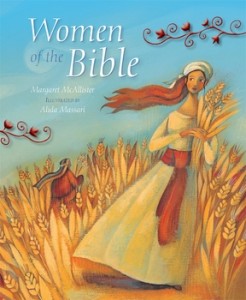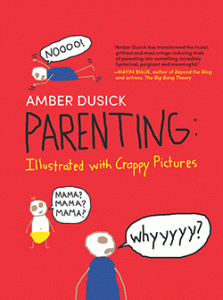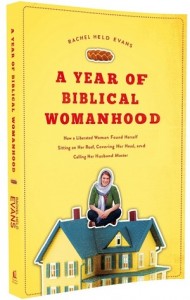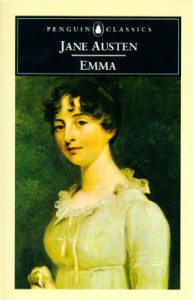Linking up with Jen at Conversion Diary for her 7 Quick Takes. Seven is a nice way to organize!
Loyal readers will recall how I started a Facebook group to help give up sugar during August (thus, the creative name Sugar-Free August). I really, really loved the accountability and the support the small group of people gave each other in health goals. So for September, I started a FB group called “De-Clutter September” for support in trying to complete some house projects, as well as just generally de-clutter.
While the De-Clutter group has been great and good fun, I have not been very good about de-cluttering. And it’s the last day of September today.
Perhaps it was a bad idea to want to tackle home projects in a month when I’ve driven thousands of miles for … so many things. Not a lot of time at home.
Perhaps I need to re-frame, and really consider all I have accomplished, even with a busy school schedule, tons of appointments, sick kids, and other life complications.
I’m also looking forward to October. My birthday is this month, and I love my birthday. My monthly goal is going to make an effort to see people in real life, especially grown-ups (husband, mom friends, etc.). Maybe I can call it IRL (in real life) Social October? Maybe I should have done that for September, as Social September sounds better.
Anyway, here are seven links for de-cluttering, in case you need a little boost. I’ll be continuing my de-cluttering projects through October, as my page-long list of to-dos only has two out of 18 things crossed out. Not much commentary, so I can get back to de-cluttering.
The de-cluttering godmother of us all. I said I wanted her “crisis cleaning” this month, but that never happened.
2. 15 Clutter Busting Routines for Any Family
I find Becoming Minimalist very encouraging in trying to live with less. But I had to laugh at #13, “always leave room in your coat closet.” I wish I had a coat closet. If I had a coat closet, I would try to leave room in it, I promise.
3. The Benefits of a Messy House at Momastery
“But as I lay down to sleep, I remembered this passage from Thoreau’s Walden: “I say beware of all enterprises that require new clothes and not a new wearer of the clothes.” Walden reminds me that when I feel lacking- I don’t need new things, I need new eyes with which to see the things I already have. So when I woke up this morning, I walked into my kitchen wearing fresh perspectacles. Here’s what I saw.”
Of all these articles, a must-read for anyone, de-cluttering or not.
The friend who shared this on Facebook said she was conflicted because of the colorful language in here. But it is funny, even if most of the advice is completely unrealistic for family life.
On De-Clutter September, this article inspired many of us to clean off the surfaces of our fridge and post (lovely!) bare fridges. So it had a good effect.
5. Habit Change Is Easiest When People Move House or Undergo Some Life Transition
It wouldn’t be a random thoughts post from me without something from Gretchen Rubin, I’m starting to think. But this is really good. Shaking things up can really help. I think this is why I like re-arranging rooms.
6. Habits: the Secret for Smooth and Easy Days? at Simply Convivial
This is so worth reading as well.
“Good habits do not make life smooth & easy.”
” And just because (creating good habits) is hard and never-ending does not mean we are doing something wrong or are failing in our efforts.”
Amen.
7. 52 Week To an Organized Home
One of my sisters shared this with me, and I’m bookmarking here so I can refer back to it. Maybe I need a year-long challenge rather than a month-long one? Some good ideas here.
What are you reading or encountering online these days?
More importantly, do you have any de-cluttering tips for me? 😉


 Emily of Deep Valley by Maud Hart Lovelace. (I love all the Betsy-Tacy books, but I’d have to say this is my absolute favorite book of Lovelace).
Emily of Deep Valley by Maud Hart Lovelace. (I love all the Betsy-Tacy books, but I’d have to say this is my absolute favorite book of Lovelace).













